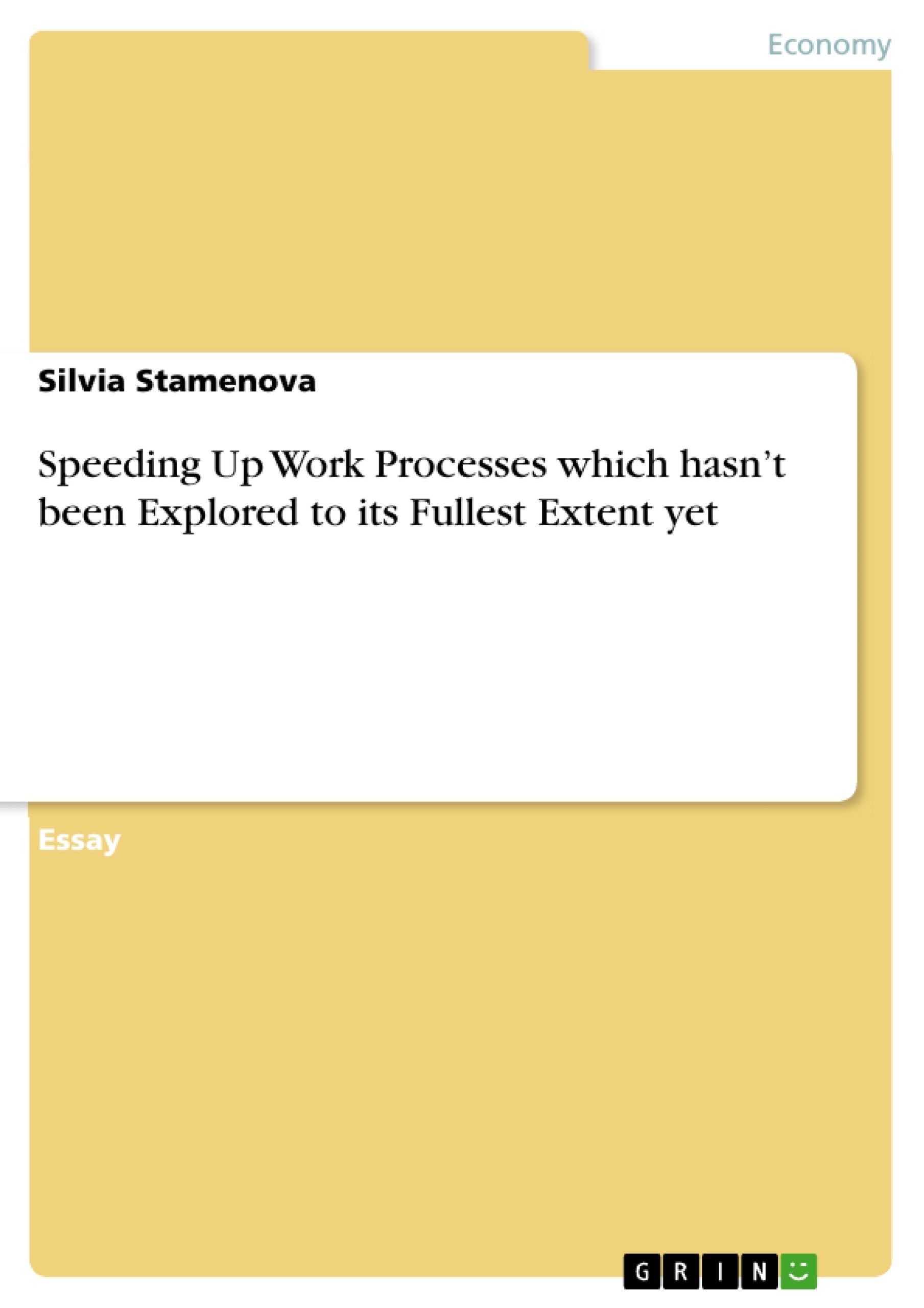This assignment addresses the questions related to the participatory approaches within the context of management of change in work organizations. The examination of questions of this type is imperative since modern business requires it. Unfortunately, this is usually ignored in the formulation of policies on the subject. This paper, therefore, argues that as well as having advantages the participatory approaches also possess some flaws. In other words, their potential as a vehicle for speeding up work processes has not yet been explored to its fullest extent.
Inhaltsverzeichnis (Table of Contents)
- Introduction
- Literature review
- Advantages of participatory approaches
- Disadvantages of participative management
- Conclusions and recommendations
Zielsetzung und Themenschwerpunkte (Objectives and Key Themes)
This assignment explores the advantages and disadvantages of participatory approaches to managing change in work organizations. It examines how participation can be used to design work equipment, work environments, work tasks, and work processes. The paper argues that while participatory approaches have benefits, they also have drawbacks and that their potential for accelerating work processes has not been fully realized.
- Benefits and drawbacks of participatory approaches to managing change
- Applications of participation in work design: equipment, environment, tasks, and processes
- Potential of participatory approaches for improving organizational effectiveness
- Cultural and situational factors influencing the success of participatory approaches
- Relationship between participation and organizational adaptability
Zusammenfassung der Kapitel (Chapter Summaries)
- Introduction: This chapter introduces the topic of participatory approaches to managing change in work organizations, highlighting the importance of examining this subject in the context of modern business needs. The chapter argues that while participatory approaches have advantages, they also possess some flaws.
- Literature review: This chapter presents a review of literature on participatory approaches, identifying four main types: participation in setting goals, participation in decision-making, participation in problem-solving, and participation in change. The chapter also discusses different levels of implementation, such as individual, dyadic, and group-based, and explores the potential outcomes of different participation types.
- Advantages of participatory approaches: This chapter outlines six main advantages of participatory approaches, including increased productivity, job contentment, motivation, improved quality, reduced costs, and enhanced organizational adaptability. It presents arguments and evidence to support these claims.
- Disadvantages of participative management: This chapter explores two key disadvantages of participatory management: slower decision-making processes and potential security issues related to industrial espionage. It discusses the challenges posed by these drawbacks and suggests strategies for mitigating them.
Schlüsselwörter (Keywords)
The key concepts and themes explored in this text include participatory management, change management, work organization, productivity, job contentment, motivation, quality improvement, cost reduction, organizational adaptability, decision-making, industrial espionage, cultural contingency factors, and the Hawthorne effect.
Frequently Asked Questions
What are participatory approaches in management?
They involve employees in goal-setting, decision-making, and problem-solving to improve organizational effectiveness and motivation.
What are the main advantages of participative management?
Key benefits include increased productivity, higher job satisfaction, improved quality, and better organizational adaptability to change.
Are there any disadvantages to employee participation?
Yes, it can lead to slower decision-making processes and potential security risks, such as the leakage of sensitive company information.
What is the "Hawthorne effect"?
It refers to the phenomenon where employees perform better simply because they are being observed or feel that management is taking an interest in their well-being.
How does culture influence participatory management?
The success of participation often depends on cultural factors; in some societies, hierarchical structures are preferred, while others thrive on collaborative models.
- Quote paper
- Silvia Stamenova (Author), 2018, Speeding Up Work Processes which hasn’t been Explored to its Fullest Extent yet, Munich, GRIN Verlag, https://www.grin.com/document/388627



